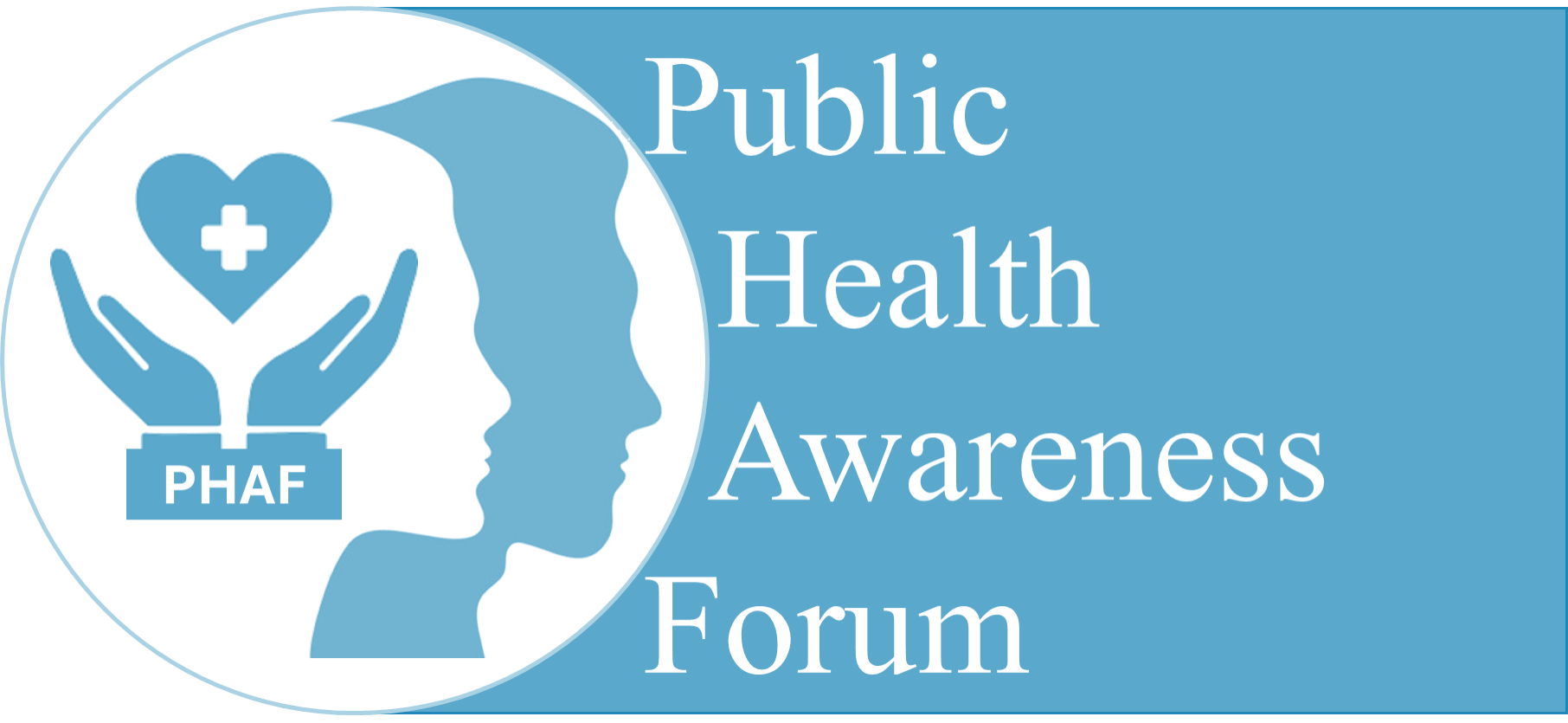Pregnancy is often depicted as a joyful and exciting time in a woman’s life. However, for many women, it can also be a period of significant emotional and psychological stress. Mental health issues such as anxiety and depression are not uncommon during pregnancy, affecting a substantial number of expectant mothers. Understanding how to manage these feelings is crucial for both the mother’s well-being and the healthy development of the baby. This article explores the prevalence of anxiety and depression during pregnancy, their potential impacts, and strategies for coping with these mental health challenges.
The Prevalence of Anxiety and Depression During Pregnancy
While pregnancy is often seen as a time of happiness, it can also bring about a range of emotions that may be overwhelming. According to the American College of Obstetricians and Gynecologists (ACOG), up to 23% of pregnant women experience symptoms of depression, and up to 25% experience anxiety. These conditions can manifest at any point during pregnancy, although they are often more pronounced in the first and third trimesters. Several factors contribute to the increased risk of anxiety and depression during pregnancy, including hormonal changes, physical discomfort, financial stress, relationship issues, and concerns about the future. Women with a history of mental health issues, lack of social support, or those who experience pregnancy complications are particularly vulnerable.
Understanding the Symptoms
Anxiety and depression during pregnancy can manifest in various ways. Some common symptoms include:
- Persistent sadness or feelings of hopelessness: A continuous low mood or a sense of despair that does not seem to lift.
- Excessive worry: Constantly feeling anxious about the health of the baby, the pregnancy, or other aspects of life.
- Fatigue: Feeling overwhelmingly tired or lacking energy, even after resting.
- Difficulty concentrating: Struggling to focus on tasks or make decisions.
- Changes in sleep patterns: Experiencing insomnia, waking up frequently during the night, or sleeping excessively.
- Changes in appetite: Eating significantly more or less than usual.
- Loss of interest: Losing interest in activities that were previously enjoyable.
- Irritability: Feeling more irritable, frustrated, or angry than usual.
- Social withdrawal: Avoiding social interactions or feeling disconnected from others.
- Physical symptoms: Experiencing headaches, stomachaches, or other unexplained physical symptoms.
If you experience any of these symptoms for more than two weeks, it is essential to seek help from a healthcare provider. Untreated anxiety and depression can have serious consequences for both the mother and the baby.
The Impact of Anxiety and Depression on Pregnancy
Mental health issues during pregnancy can have far-reaching effects on both the mother and the developing baby. The impacts can vary depending on the severity and duration of the condition, but some potential consequences include:
Impact on the Mother
- Increased Risk of Postpartum Depression: Women who experience anxiety or depression during pregnancy are more likely to develop postpartum depression, a condition that can affect their ability to care for themselves and their baby.
- Impaired Decision-Making: Anxiety and depression can affect a woman’s ability to make important decisions about her health and the care of her baby.
- Increased Risk of Pregnancy Complications: Anxiety and depression are associated with an increased risk of complications such as preeclampsia, preterm labor, and low birth weight.
- Substance Use: Some women may turn to unhealthy coping mechanisms, such as alcohol or drug use, to manage their symptoms, which can further harm their health and the health of their baby.
Impact on the Baby
- Developmental Delays: Research suggests that babies born to mothers who experienced severe anxiety or depression during pregnancy may be at higher risk for developmental delays and behavioral issues.
- Low Birth Weight: Babies born to mothers with untreated depression or anxiety are more likely to be born with low birth weight, which can lead to health problems in the newborn.
- Preterm Birth: Anxiety and depression during pregnancy have been linked to an increased risk of preterm birth, which can result in complications for the baby, including respiratory and developmental issues.
- Emotional and Behavioral Problems: Children of mothers who experienced anxiety or depression during pregnancy may be more susceptible to emotional and behavioral problems later in life.
Strategies for Coping with Anxiety and Depression During Pregnancy
Coping with anxiety and depression during pregnancy is challenging but not impossible. There are several strategies that can help manage these conditions and promote mental well-being:
1. Seek Professional Help
One of the most important steps in managing anxiety and depression during pregnancy is seeking professional help. A healthcare provider can assess your symptoms, provide a diagnosis, and recommend appropriate treatment options. Treatment may include therapy, medication, or a combination of both. Therapy: Cognitive-behavioral therapy (CBT) is a common and effective treatment for anxiety and depression. CBT helps individuals identify and change negative thought patterns and behaviors. Other forms of therapy, such as interpersonal therapy (IPT), can also be beneficial in addressing relationship issues and social support needs. Medication: In some cases, medication may be necessary to manage symptoms. Selective serotonin reuptake inhibitors (SSRIs) are commonly prescribed antidepressants that are considered relatively safe for use during pregnancy. However, any medication should only be taken under the guidance of a healthcare provider.
2. Build a Support System
Having a strong support system is crucial for managing mental health during pregnancy. Surround yourself with people who understand what you’re going through and can offer emotional and practical support. This support system may include your partner, family, friends, or a support group of other pregnant women. Don’t be afraid to ask for help when you need it, whether it’s assistance with household tasks, someone to talk to, or a companion to attend prenatal appointments with you. Building a network of supportive people can make a significant difference in how you cope with anxiety and depression.
3. Practice Self-Care
Self-care is an essential aspect of managing mental health during pregnancy. Taking care of your physical and emotional well-being can help reduce stress and improve your overall mood. Here are some self-care strategies to consider:
- Get Regular Exercise: Physical activity has been shown to reduce symptoms of anxiety and depression. Aim for at least 30 minutes of moderate exercise, such as walking, swimming, or prenatal yoga, most days of the week.
- Eat a Balanced Diet: Nutrition plays a vital role in mental health. Eating a well-balanced diet rich in fruits, vegetables, whole grains, and lean proteins can help stabilize your mood and provide the energy you need during pregnancy.
- Get Enough Sleep: Sleep is crucial for mental health. Aim for 7-9 hours of sleep per night and establish a consistent sleep routine. If you’re having trouble sleeping, try relaxation techniques such as deep breathing, meditation, or prenatal massage.
- Practice Relaxation Techniques: Relaxation techniques, such as deep breathing, meditation, and progressive muscle relaxation, can help reduce stress and promote a sense of calm.
- Take Time for Yourself: Set aside time each day to do something you enjoy, whether it’s reading a book, taking a bath, or spending time in nature. Doing activities that bring you joy can help improve your mood and reduce anxiety.
4. Educate Yourself
Understanding what to expect during pregnancy and learning about anxiety and depression can help you feel more in control and less anxious. Read books, attend prenatal classes, and talk to your healthcare provider about any concerns you may have. It’s also important to educate your partner and family members about the emotional changes that can occur during pregnancy. This knowledge can help them provide better support and understanding.
5. Focus on What You Can Control
Pregnancy can bring about many uncertainties, which can fuel anxiety and depression. While it’s natural to worry about the future, it’s essential to focus on what you can control rather than dwelling on what you can’t. For example:
- Make a plan for your pregnancy and delivery, but be flexible and open to changes.
- Focus on taking care of yourself and your baby by following a healthy lifestyle.
- Take things one day at a time and try to stay present in the moment.
By focusing on the aspects of your pregnancy that you can control, you can reduce feelings of helplessness and gain a sense of empowerment.
When to Seek Immediate Help
While mild to moderate symptoms of anxiety and depression can often be managed with the strategies mentioned above, it’s important to recognize when it’s time to seek immediate help. You should contact your healthcare provider right away if you experience any of the following:
- Thoughts of harming yourself or your baby
- Severe or worsening depression or anxiety
- Inability to function in daily life
- Significant changes in appetite or sleep patterns
- Loss of interest in activities or relationships
These symptoms may indicate a more serious condition, such as major depression or an anxiety disorder, which requires prompt medical attention. Remember that seeking help is a sign of strength, not weakness, and it’s essential for both your well-being and the health of your baby.
Conclusion
Mental health during pregnancy is just as important as physical health. Coping with anxiety and depression can be challenging, but with the right support, self-care, and professional help, it’s possible to manage these conditions and have a healthy, fulfilling pregnancy. Remember to prioritize your mental well-being, seek help when needed, and lean on your support system. By taking proactive steps to manage anxiety and depression, you can create a positive environment for both yourself and your baby.



